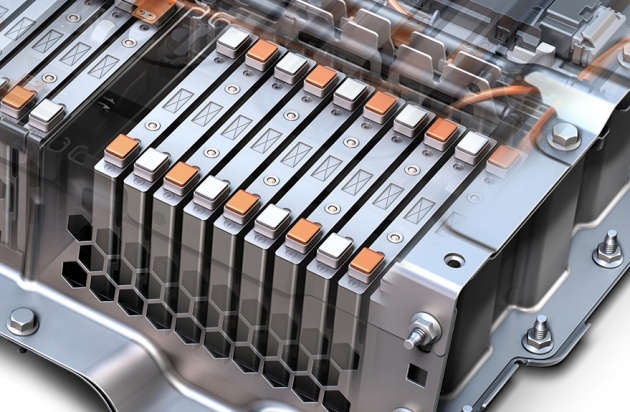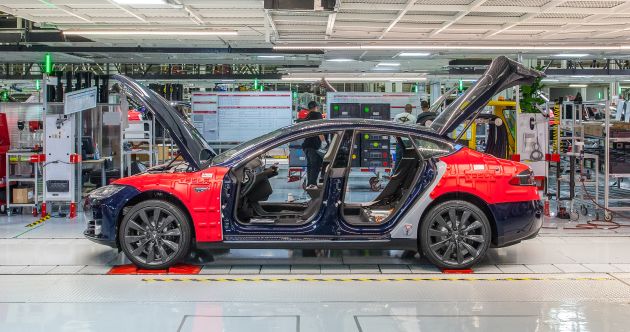The global push towards electrification means that demand for batteries will surely increase, and that growth also means more resources will be needed for the production of these power units. It’s expected that demand for these commodities may outstrip supply down the road, leading to challenges in maintaining growth in that sector.
It’s not in just in any one area that shortfalls are expected. Tesla says that it expects global shortages of nickel, copper and other electric-vehicle battery minerals to happen in the future as a result of under-investment in the mining sector, as Reuters reports.
Speaking at an industry conference last week, Sarah Maryssael, the automaker’s global supply manager for battery metals said the company sees a shortage of key EV minerals down the road.
Tesla has rarely talked publicly about its views on the metals industry, but the comments – which were industry-specific and referred to the long-term supply challenges that may occur with regards to these metals – were made at a closed-door Washington conference of miners, regulators and lawmakers, sources told the news agency.
The copper industry has suffered from years of under-investment, and it is now working feverishly to develop new mines to improve copper supply. Freeport-McMoRan, the world’s largest publicly traded copper producer, is expanding operations in the United States and Indonesia.
Despite this, the situation may not improve significantly, because the metal is in high demand in other industries. Smart-home systems like Alphabet’s Nest thermostat and Amazon’s Alexa personal assistant are expected to grow significantly and is consume about 1.5 million tonnes of copper by 2030, a whopping increased from the 38,000 tonnes presently. This will have an impact on electric vehicle production
According to Maryssael, Tesla will focus on nickel for its battery production and is also looking to be less reliant on using cobalt in battery cathodes. Most of the cobalt is supplied by the Democratic Republic of the Congo, and some of its extraction processes have made its use deeply unpopular across the battery industry. Maryssael added that the company sees a huge potential to partner with mines in Australia or the United States.
Source: Read Full Article


